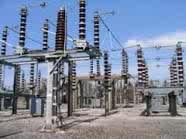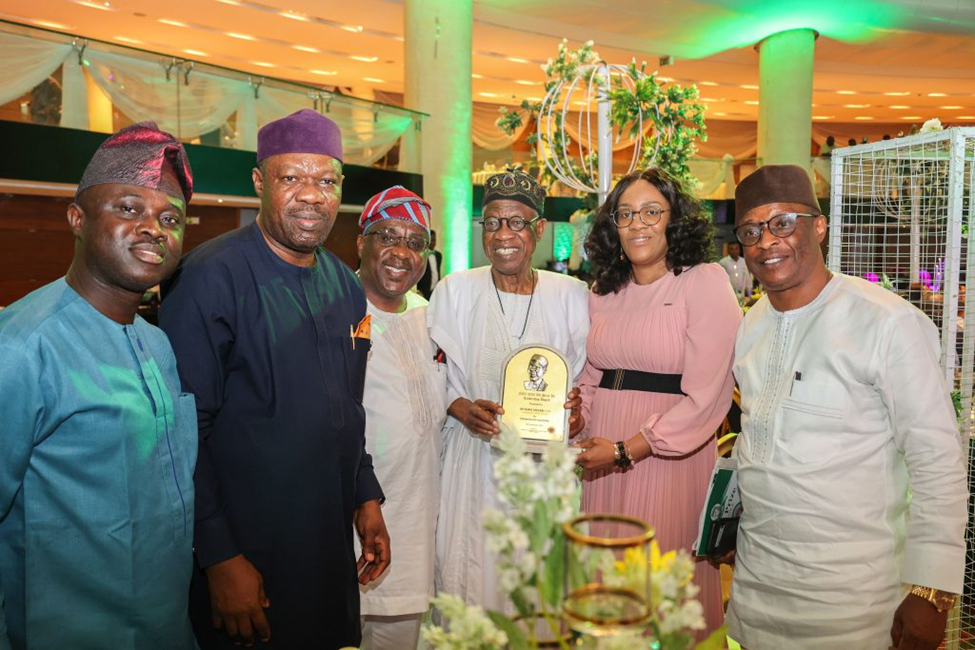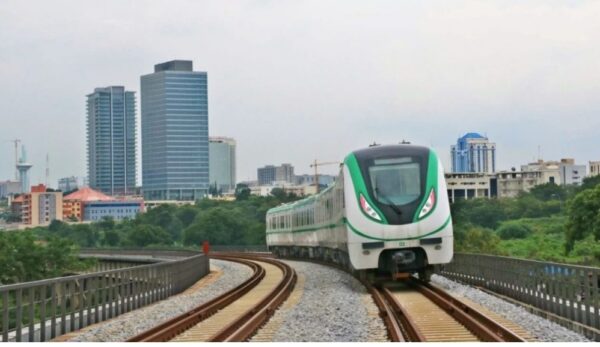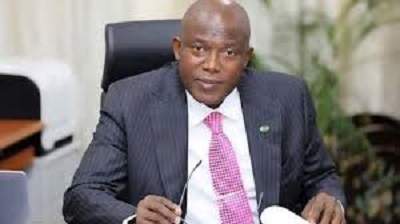How The Military, MDAs Frustrate Electricity Supply – DISCOs

*Germans Proffer Solution
Respite came last week to the new power sector investors over the culture of non-payment of electricity bills by government agencies and military formations in the country, following President Goodluck Jonathan’s approval that deductions of such indebtedness be made from their budgetary allocations.
The power investors, especially the electricity
distribution companies (Discos) have severally complained that military formations and government agencies do not pay electricity bills.
A representative of Kaduna electricity distribution company who confirmed this in Lagos recently at a seminar tagged: Embedded Power Generation “noted that the huge indebtedness of military formations and government agencies was negatively affecting the operations of the DISCOs.
Highlighting more challenges of the DISCOs, he stated that Lagos has millions of subscribers but only 365,000 subscribers pay electricity bills.
The authenticity of the DISCOs’ claims against the Military electricity consumers could not be completely ascertained as at press time, but MMS plus Weekly spoke with the Public Relations Officer (PRO) of Western Naval Command Apapa, Lagos, Lieutenant Commander Way Olabisi, who said that DISCOS were looking for excuses not to do their jobs well and reasons for under-performance. He asserted that Military formations in the country pay heavily for electricity bills.
However, the Director – General of Bureau of Public Enterprises (BPE), Mr. Benjamin Dikki, last week in Lagos corroborated the concern of the DISCOs. He stated that President Jonathan has directed deduction be made from their budgetary allocations, adding that the move was aimed at saving the power sector.
Diiki also said that there would be no increase in the current tariff structure until there is significant improvement in power supply.
Recall that the Federal Government handed over the responsibility of generating, transmitting and distributing power to private firms in September 2013, but since then, the private sector operators have been advancing complaints on why the expected steady power supply will not be feasible soon.
Investigations further revealed that the Nigerian Army (NA) has six divisions made up of 1st Division, 2nd Division, 3rd Armoured Division, 81st division, 82nd Division and the 7th Division spread across the country.
Nigerian Air force(NAF) bases are located in Abuja, Port Harcourt, Benin, Maiduguri, Minna, Kainji, Makurdi, Kaduna, Kano, Enugu ,Jos, Shasha, Ipetu, Ijesha, Lagos, while Nigerian Navy (NN) command structure consists of the Naval Headquarters in Abuja, three operational commands with headquarters in Calabar, and Bayelsa; one training with headquarters in Lagos but with training facilities spread all over Nigeria; five operational bases, five forward operational bases, two dockyards located in Lagos and Port Harcourt and two fleets based in Lagos and Calabar
In a related development, a delegation of German Industry and Commerce in Nigeria has called on Nigerians to embrace the use of renewable energy to solve the perennial power challenge in Nigeria.
Speaking at the seminar tagged ‘Embedded Power Generation’ Mrs. Barbel Freya, Head of the Energy and Environment Desk of the delegation said that renewable energy is more environmental friendly and energy efficient.
Speaking also at the event, Mr. Jurgen Ophey, the Chief Executive Officer of 2G Africa, discussed the commercial viability of solar gas, bio gas and natural gas, revealing how he developed energy right inside his home before commercialising it.
According to him, the western countries are undergoing revolutionary change in power generation especially after the nuclear incident in Fukushima, Japan, noting that Germany generated 90% of its power through nuclear energy and as such had started reduction in fossil fuel since 2000.
He added that Germany shifted to more of renewable and sustainable power generation like solar, wind, water, among others , after the Fukushima incident .He noted that it was it was this development that gave rise to his venture 2G which he has brought to other countries like Nigeria.
Mr. Ophey further stated that embedded power generation could grow the economy of the country as it is more reliable, and affordable and has a backup system, calling on the relevant authorities to create more awareness for this energy source being the latest around the world.







